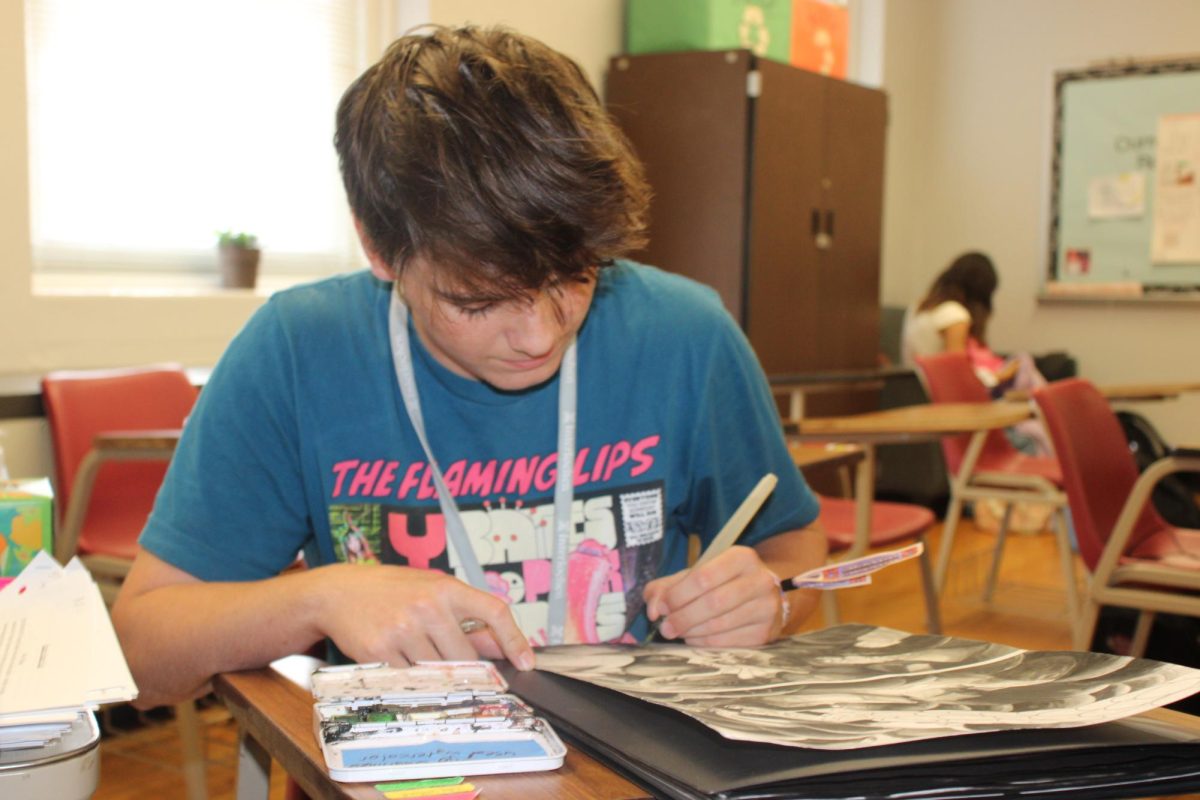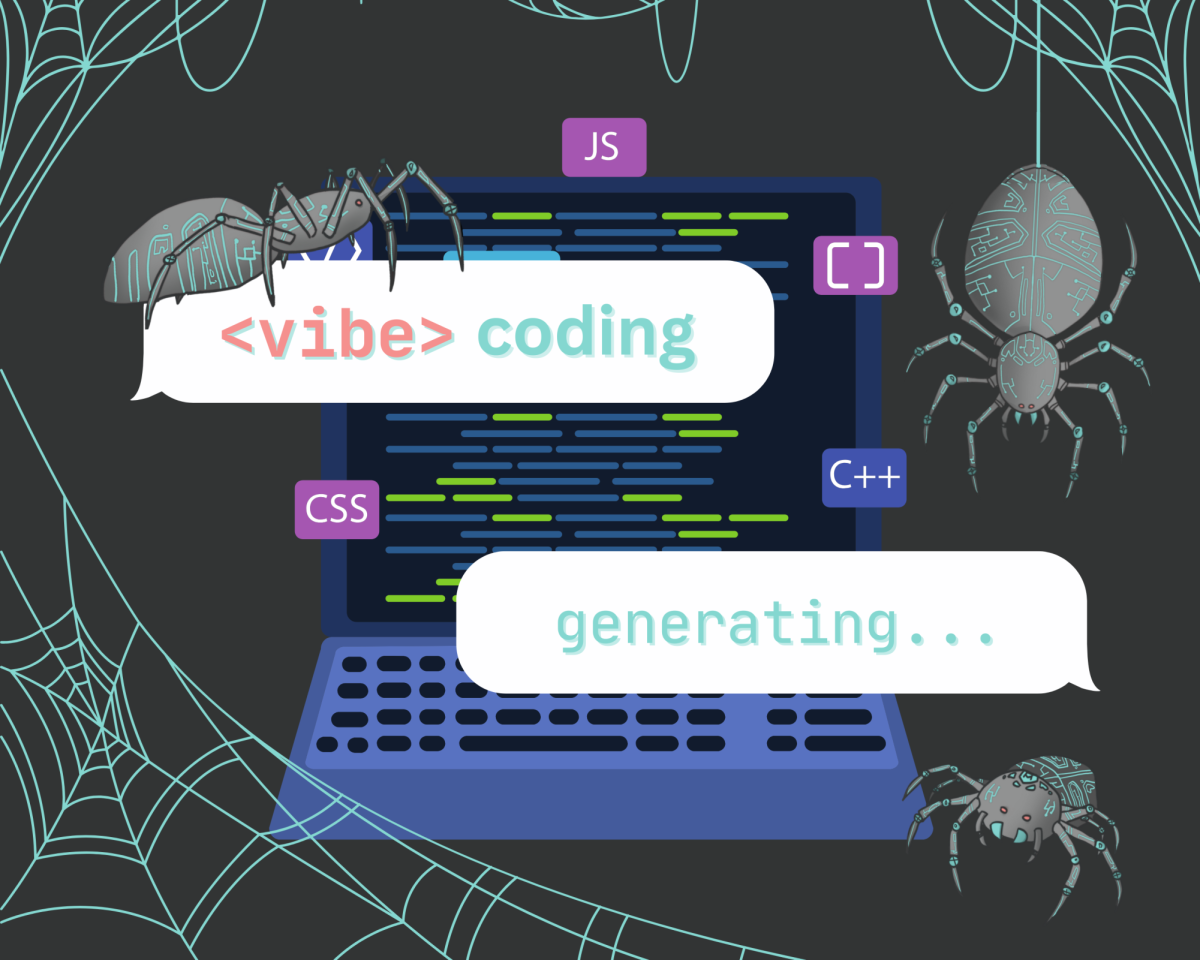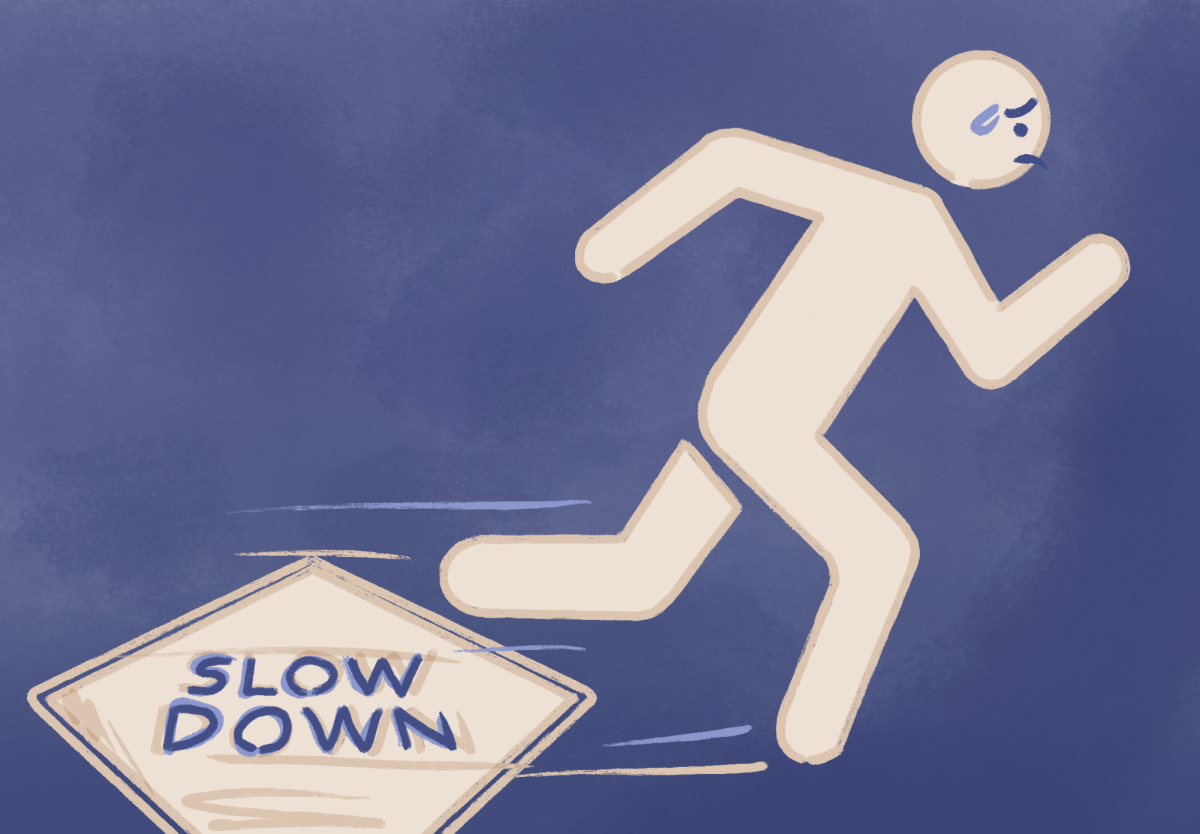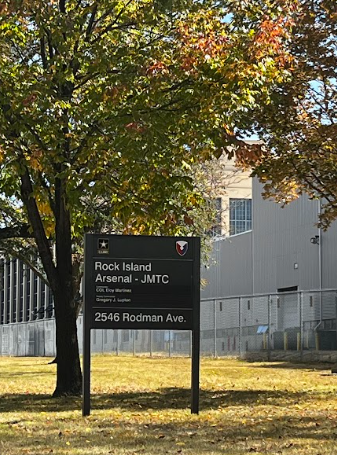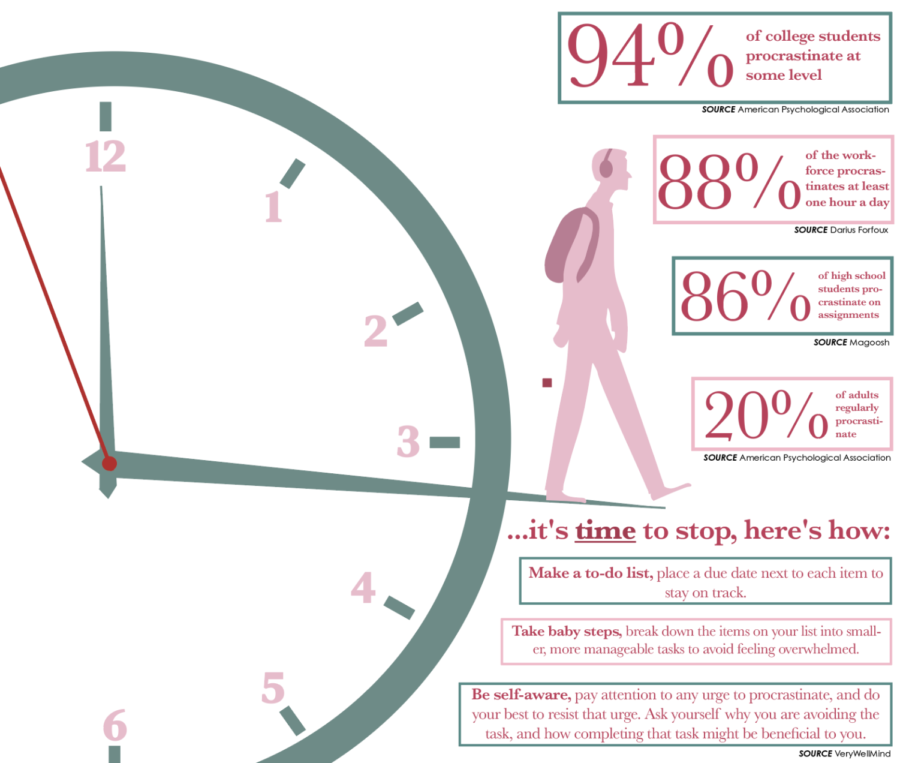Students suffer at the hands of time: the root of procrastination in high school
Ava Wong
Procrastination is the act of delaying or putting off tasks, or a set of tasks till a later date. What makes procrastination a problem to those who do it is the self-awareness of their intentions.
January 17, 2023
With sleepy eyes, senior Ben Yao glances at the clock above his desk.
“11:00 pm.”
It has been six hours since he got home from school, but he hasn’t done anything. With an AP Lit essay due the next day and a Calculus test to study for, he knows he has to get started soon.
The motivation to start never comes, though.
“I procrastinate on my school work because I am genuinely unmotivated to start or finish it,” Yao said. “Procrastinating increases my stress levels but it’s hard to avoid. In the end I always end up completing my school work, so I continue to do it.”
Procrastination is the act of delaying or putting off tasks, or a set of tasks until a later date. What makes procrastination a problem to those who do it is the self-awareness of their intentions. Being aware that they are avoiding the task in question, but also that doing so is detrimental to their future selves. Disregarding this cognizance and doing it anyways is the problem.
“Knowing that procrastinating is not the best way to finish my work makes me feel not that great about myself,” Yao said. “And even though I don’t love feeling like that, I somehow keep on doing it.”
Teenagers are susceptible to procrastination on school work. A study conducted by educational company Magoosh found that 86% of high school students said they procrastinated on assignments. With sports, after-school clubs, work and numerous responsibilities, distractions largely contribute to procrastination of school work. In the same study, researchers found that 56% of high school students said that they get distracted by other things they need to, or rather be doing.
“I think that procrastination is a pretty big problem among students in high school mainly because a lot of kids are assigned lots of homework on top of outside of school activities,” freshman Gabby Bochey said. “So when you have five assignments, after school practice, plus studying for tests and projects they all build up on top of each other and you end up with a lot of work to do.”
Though procrastination has always been a problem, it has increased immensely after the COVID-19 pandemic for many students.
“I think that around seventh grade is when I started to heavily procrastinate because, for me, that was my zoom year,” Bochey said. “A lot of teachers were really chill about late assignments and sometimes didn’t even grade them when we turned them in.”
The restrictions caused by the pandemic brought on negative effects to the way people went about their daily activities such as working and studying, one of which being procrastination. UT OnRamps Statistics teacher Dana Stiles has witnessed this shift.
“I have been teaching for 18 years, procrastination has always been a common characteristic amongst my students,” Stiles said. “I’m finding students don’t know how to study or ask for help, now more than before the pandemic.”
A journal submitted to the National Library of Medicine found that the habit of procrastination brought on by distance learning had a long-term effect, continuing post-lock down.
“During COVID-19, teenagers had more flexibility in their schedule and were able to complete assignments throughout the day without necessarily needing to be “on” in class,” Stiles said. “Now that we are no longer asynchronous, students are being held to stricter deadlines and expectations than they were during the pandemic and are struggling to meet them.”
Though time management and scheduling may be part of the reason why people procrastinate, it is not the only one. Mental health tremendously contributes to procrastination as well. In an article from The New York Times, Dr. Tim Pychyl claims challenging emotions and negative moods induced by certain tasks such as boredom, anxiety, frustration, confusion and more, are dealt with by putting the task off all together.
“Procrastination is an emotion regulation problem, not a time management problem,” Pychyl told The New York Times.
In a 2013 study done by Pychyl along with Dr. Fuschia Sirois, they found procrastination to be “the primacy of short-term mood repair…over the long term pursuit of intended actions.” Procrastination is a result of wanting a negative mood to disappear, and a greater amount of negative emotions as a result of putting off those tasks.
“Students might feel overwhelmed and not know where to start on an assignment, so it’s easier to put off the task…despite the consequences,” Stiles said.
The immediate “reward” of avoiding a task is the feeling of relief or ease, and without full consideration of the negative effects of avoiding the task, procrastination is repeated.
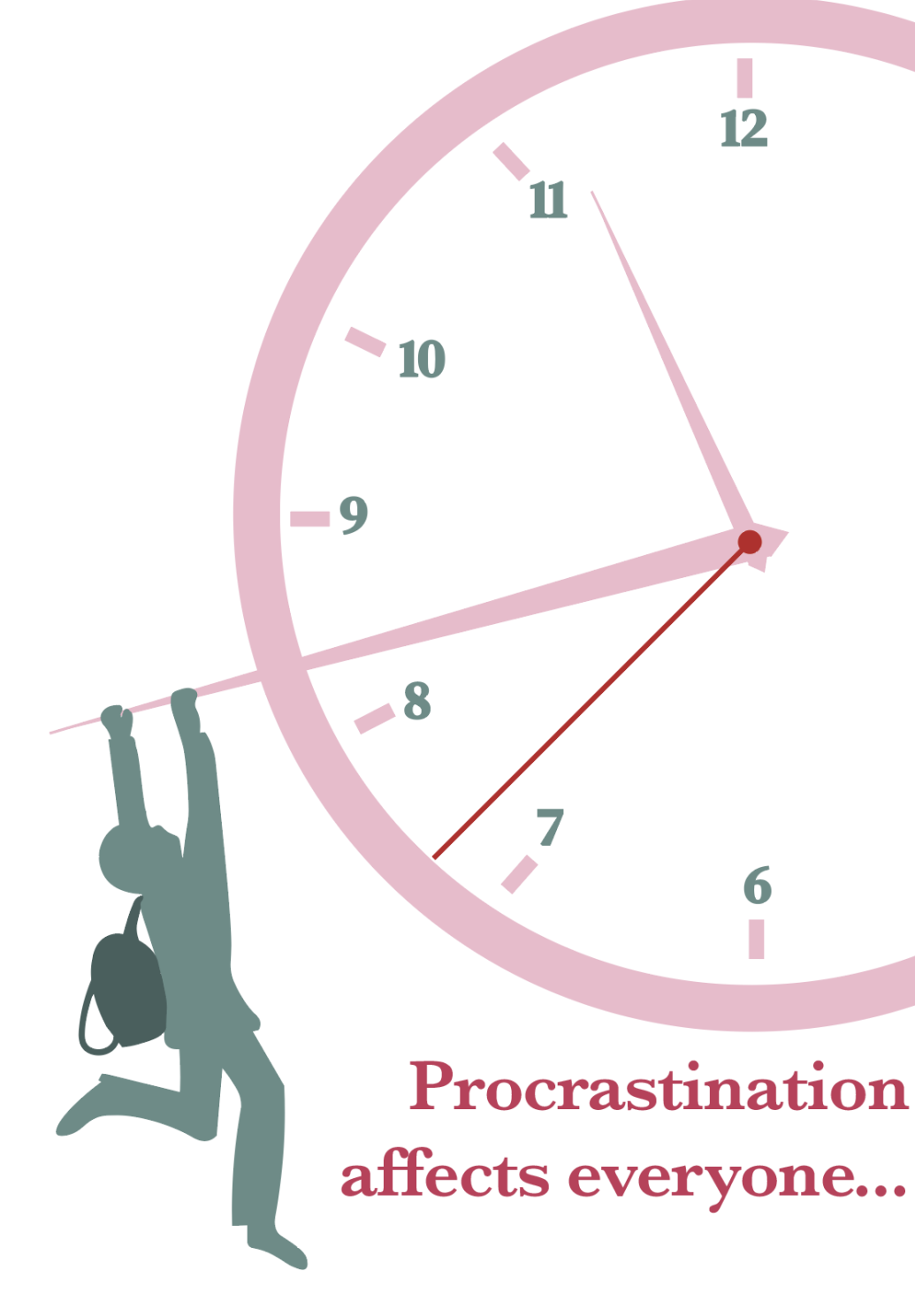
“Since I already am in the habit of procrastinating my work till the final moment, it is hard to stop,” Yao said. “It’s a cycle, a continuous loop that doesn’t ever really stop. Once you start one thing late, the next thing is started late.”
The continuous process of procrastination ultimately leads to low self-esteem and self-blame. So, how can procrastination be avoided?
“Different students need to find a system that works best for them, to organize their thoughts and to-do lists,” Stiles said. “Several of my students use notion or bullet journaling, others create a check-list in a Google Doc or simply have a post-it note stuck to their computer with reminders.”
In an article from Verywell Mind, psychologist Kendra Cherry claims the physical process of stopping procrastination can not be done without the correct mentality or motivation.
“The reality is that if you wait until you’re in the right frame of mind to do certain tasks (especially undesirable ones), you will probably find that the right time simply never comes along and the task never gets completed,” Cherry said.
Getting over procrastination and getting back on track with school-work ultimately leads to a better academic life, according to Yao.
“There is no better feeling than completing an assignment,” Yao said. “I want to work toward that feeling. I want to be able to do other activities without an underlying feeling of self-hate.”
This story was originally published on The Dispatch on January 12, 2023.


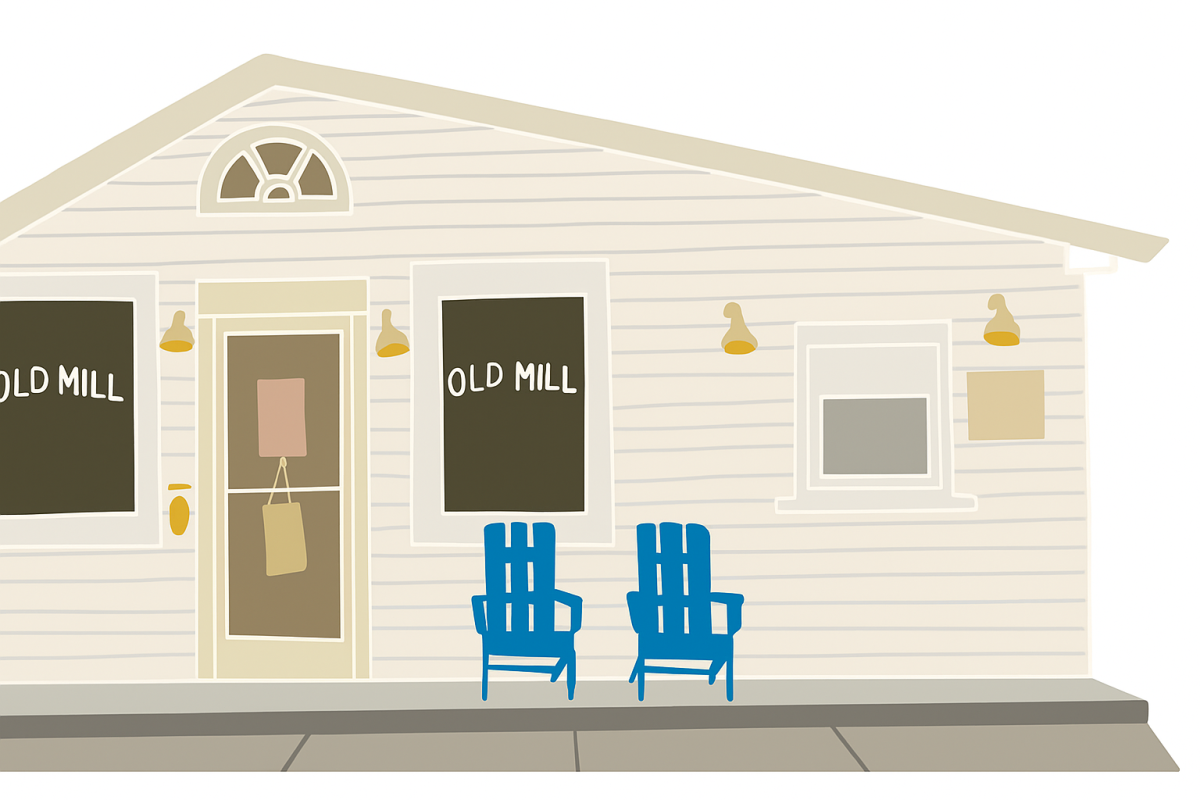
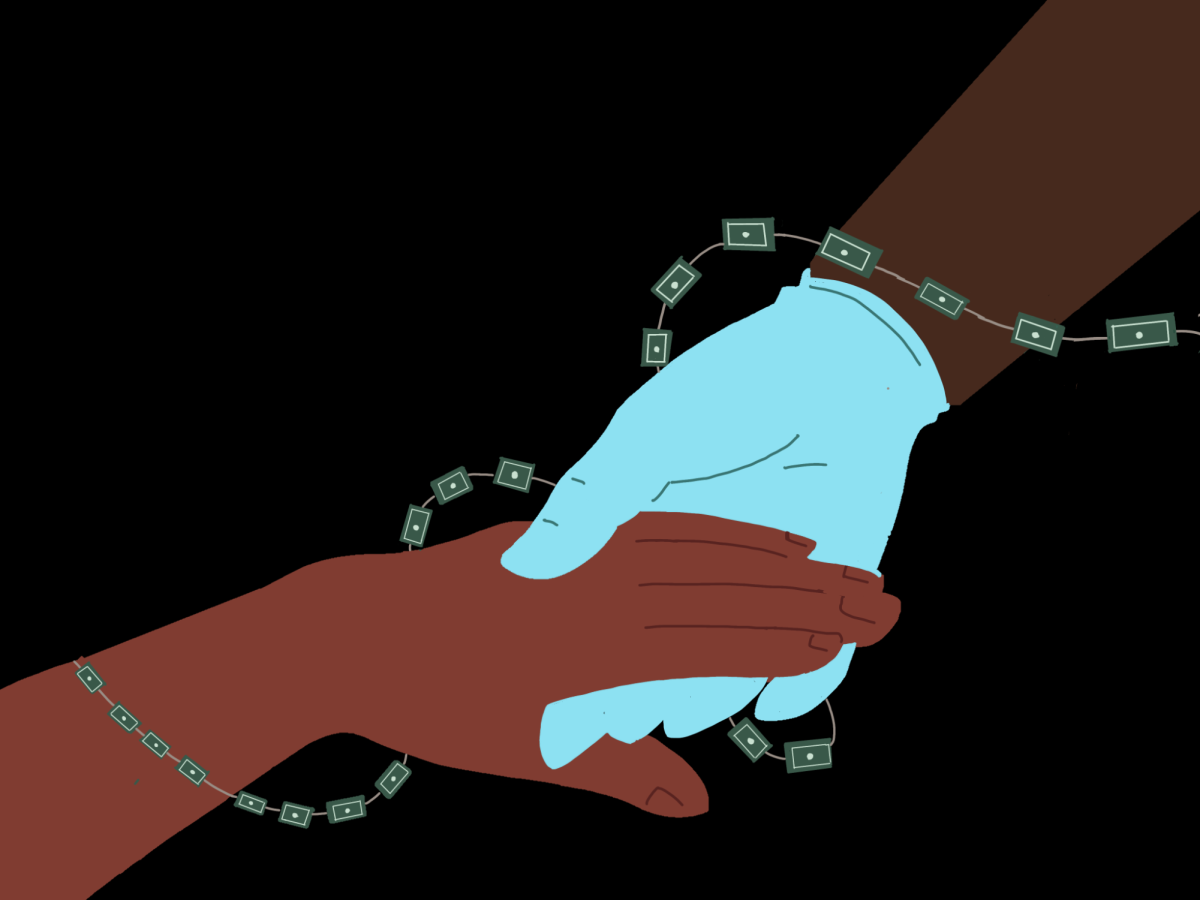

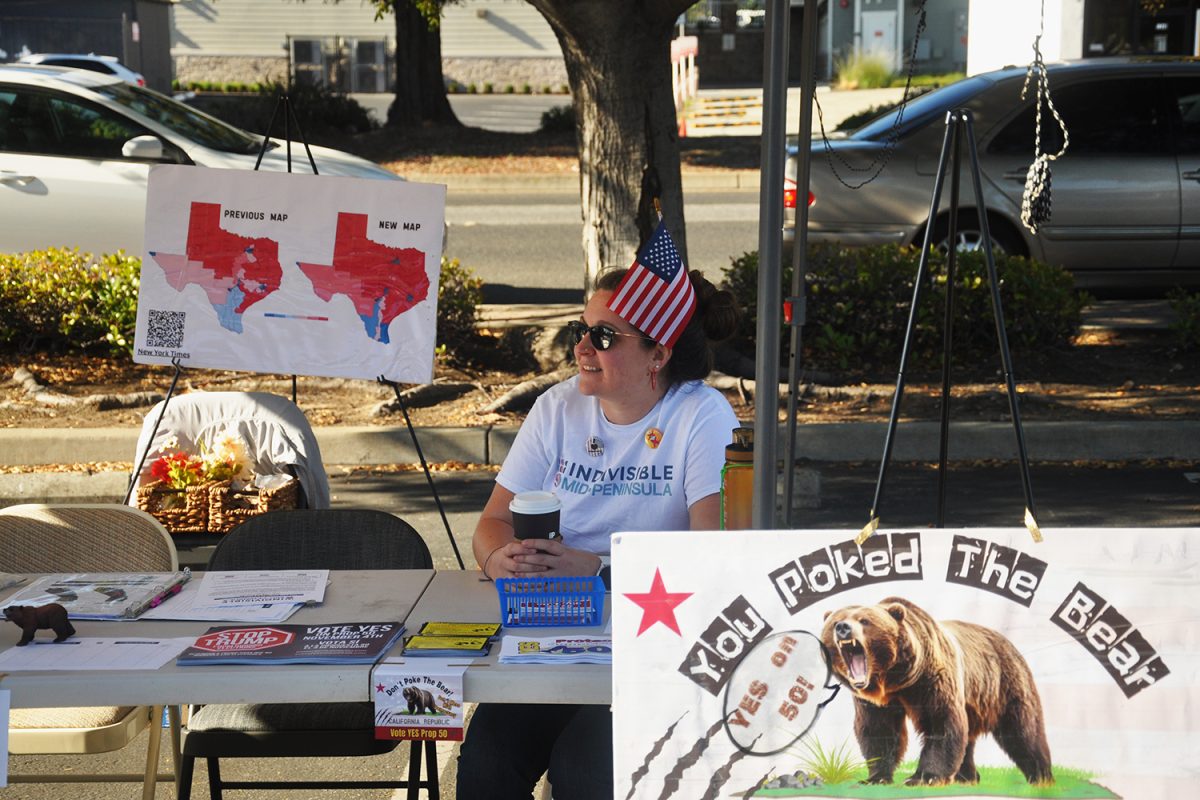



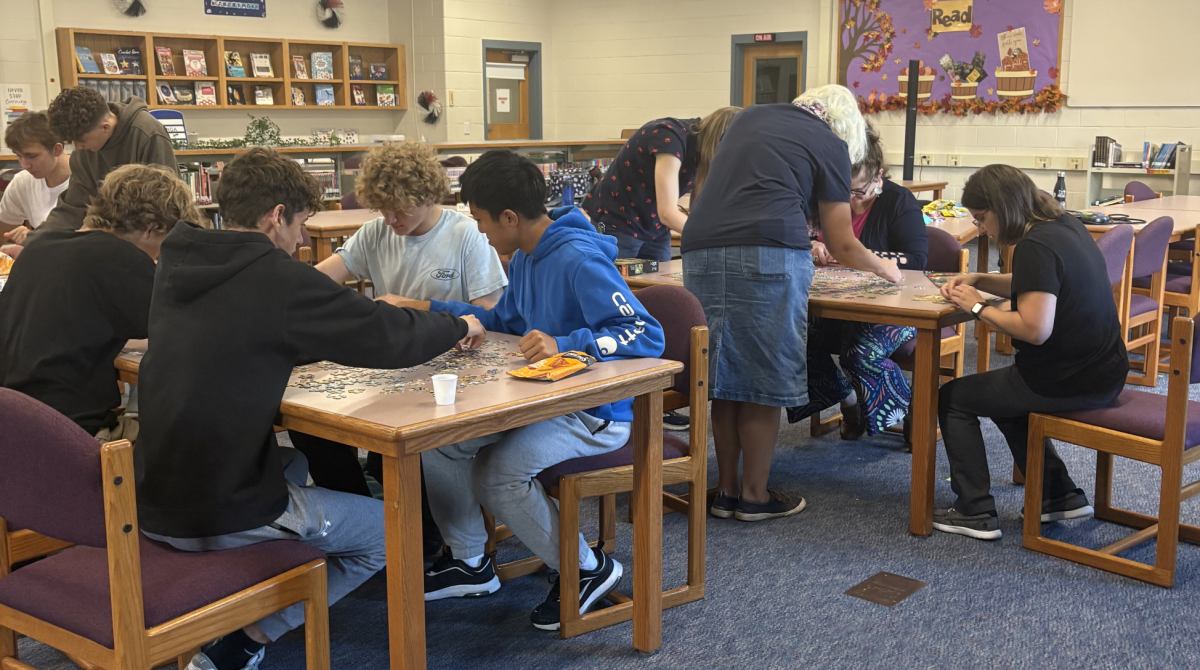
![Senior Dhiya Prasanna examines a bottle of Tylenol. Prasanna has observed data in science labs and in real life. “[I] advise the public not to just look or search for information that supports your argument, but search for information that doesn't support it,” Prasanna said.](https://bestofsno.com/wp-content/uploads/2025/10/DSC_0073-2-1200x800.jpg)







